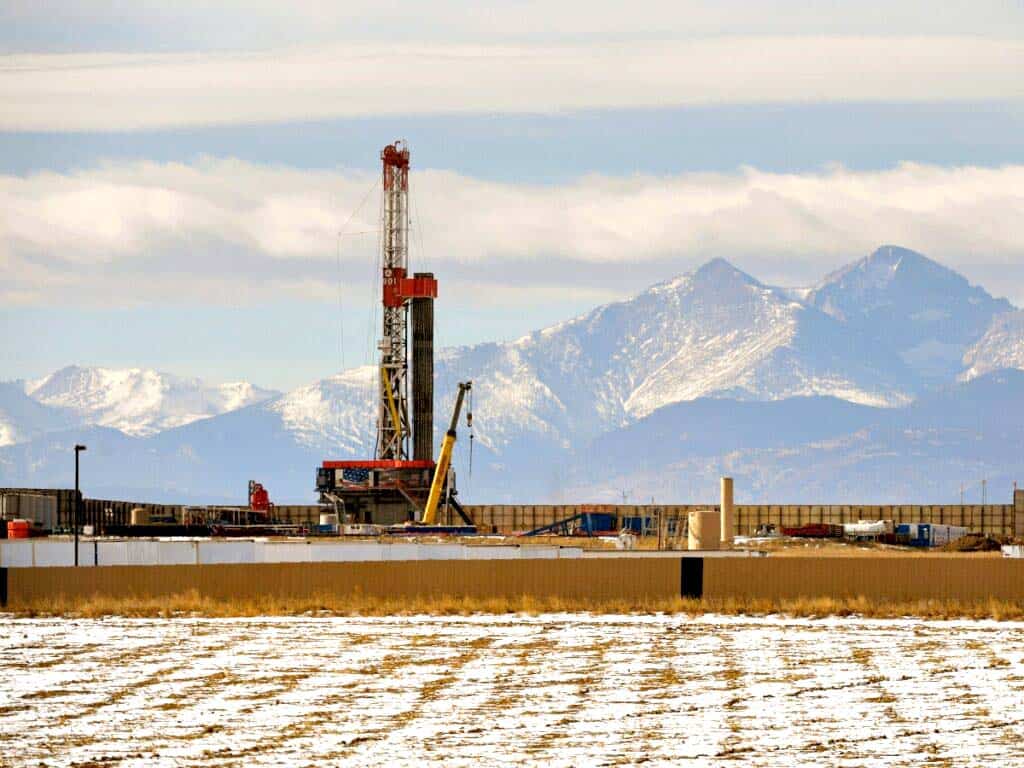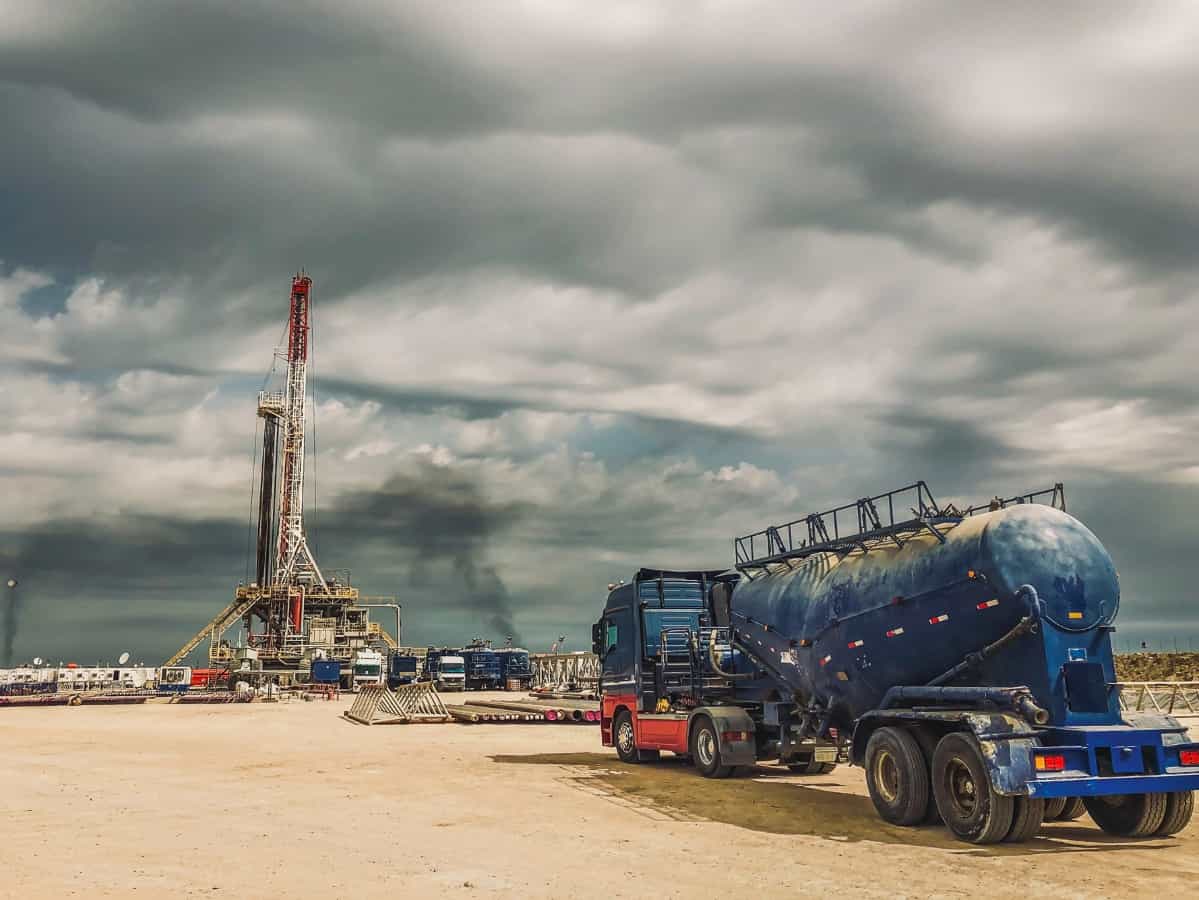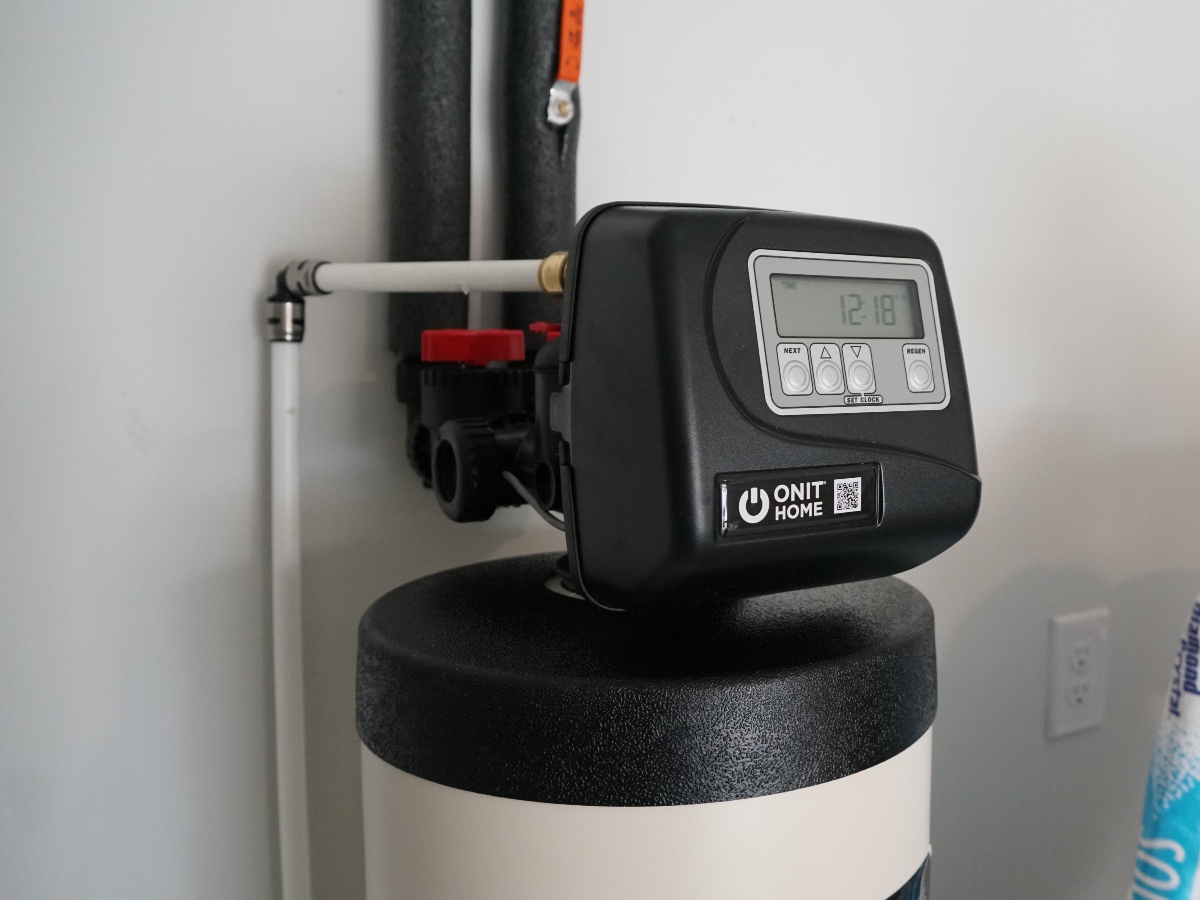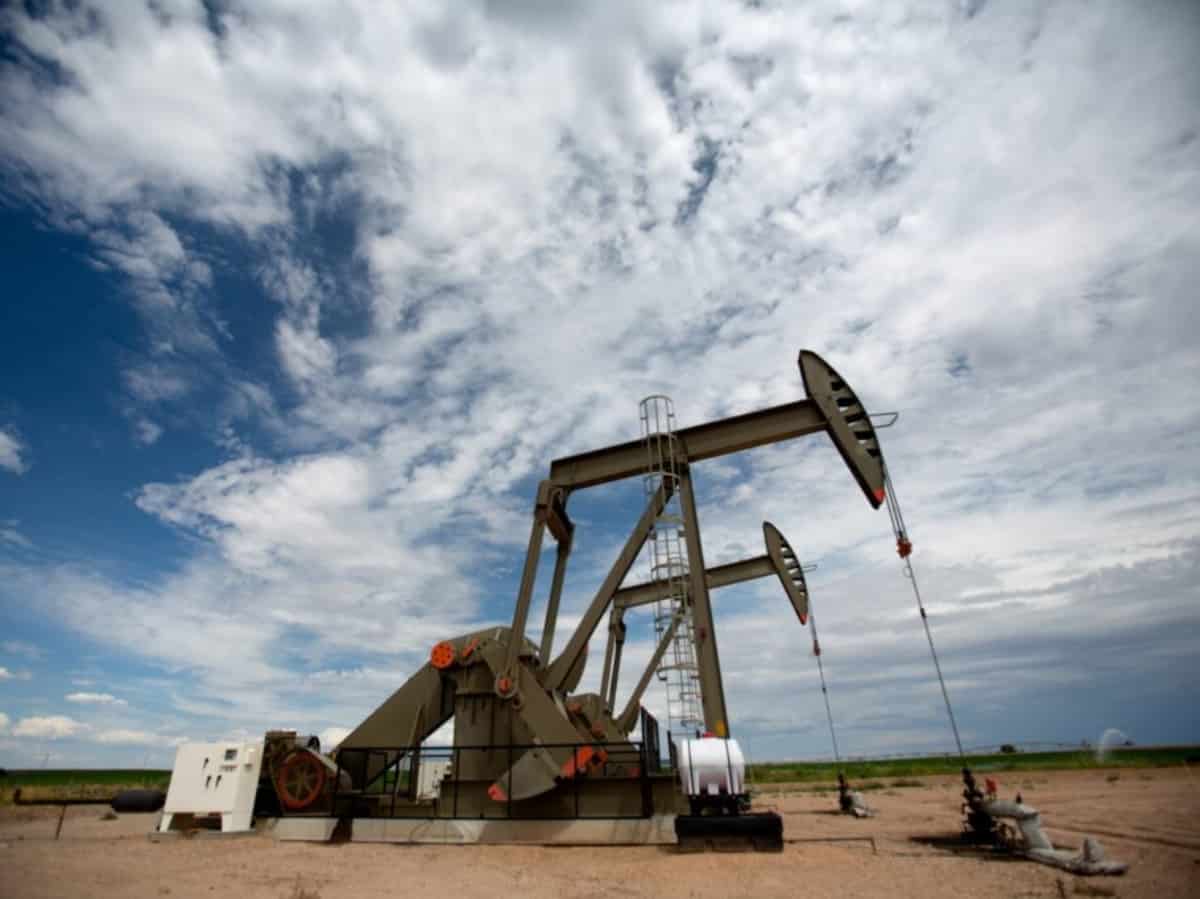Fracking has become a controversial topic in recent years. Opponents of fracking argue that the process can contaminate groundwater, pollute the air, and cause earthquakes. Proponents of hydrofracking argue that the process is safe and has the potential to provide affordable energy. But what does fracking mean? Why is it controversial?
Fracking is drilling down into the earth’s surface and injecting a high-pressure water mixture into the rock to release the natural gas inside. The debate over fracking is still ongoing, and the issue is unlikely to be resolved anytime soon.
It’s good to note that there are benefits and drawbacks to fracking. This article addresses the question of what does fracking mean? And the controversy surrounding the practice.
What Does Fracking Mean?
Fracking, short for hydraulic fracturing, is a procedure used to extract oil and gas from shale rock. It involves drilling a hole in the rock and then injecting a high-pressure mixture of water, proppants and chemicals into the rock. This mixture fractures the rock and allows the oil and gas to flow. Fracking is also known as hydrofracking or hydrofracturing and was commercially successful in 1949. It’s important to note that some fractures on rocks occur naturally.
Fracking is done across the globe. So, a fracking site can be anywhere, meaning it can even be several hundred feet from your home.

So, How Does Fracking Work?
First, drilling site preparation is carried out to ensure proper equipment installation. After that, a wellbore is drilled vertically 1 to 2 miles (1.6 to 3.2 kilometers) deep. When it reaches the kick-off point, drilling shifts horizontally. Cement is pumped down between a surface casing (steel casing) and a wellbore wall to provide an impenetrable protective barrier that guards freshwater sources. Next, the drilling turns 90 degrees horizontally and steers toward the targeted distance, which can extend over 1 mile (1.6 kilometers.)
Once the target is reached, a steel casing is inserted, and a protective barrier is created. A perforating gun helps create holes in the cement and casing to connect the target rock and the wellbore. Next, slick water is injected under high pressure into the perforation to create fractures in the shale rock.The slick water is a mixture of more than 90% water, while the rest is sand, additives, and other chemicals. Once the pressure is relieved, the sand holds the fissure preventing it from resealing. This allows the oil and gas to flow to the surface through the wellbore for containment.
Millions of gallons of “flowback liquid” is pushed back to the surface along with the trapped gas, says the Environmental Protection Agency (EPA). The flowback fluid may contain the injected chemicals and contaminants such as brines, heavy metals, radioactive materials, and hydrocarbons. The waste is typically held in pits or tanks waiting for treatment, disposal, or recycling. This fluid is often injected into underground wells since the recycling process is expensive. This means most local wastewater treatment facilities cannot handle the costly procedure of recycling the flowback fluid. However, it’s good to note that almost all flowback fluid disposal methods require some treatment.
Why Is Fracking Controversial?
There are a few things that make fracking a hot-button issue these days. First, some people see fracking as a clean energy source that can help to reduce dependence on fossil fuels. However, most see it as a danger to the environment, as it can contaminate water supplies and cause earthquakes. So why is it so controversial? It really depends on who you ask. Some people see it as a miracle solution to energy problems, especially now that oil and gas prices have skyrocketed. However, others see it as a disaster waiting to happen. Here are the top issues that cause the controversy:
Fracking Uses Too Much Water
Fracturing uses huge amounts of water, mainly disposed of and not recycled due to the high chemical levels it contains. According to the American Petroleum Institute, hydrofracturing can use about 4 million gallons of water per well. However, this depends on the fracking site. This amount is not actually a lot of water compared to that used in agriculture, textile production, or other industries. Nevertheless, using the water in fracking greatly impacts the water supply meant for drinking and irrigation.
It Degrades the Environment
Hydrofracking can adversely affect soil, water, and air quality. In addition, this oil production method can release heavy metals such as arsenic, cadmium, chromium, lead, or mercury, among others, into soils. The contamination can affect plants and aquatic life, leading to human health effects. Furthermore, these chemicals can leak into groundwater or surface water sources, leading to contamination.
Fracking can also cause air pollution due to the diesel emissions from heavy trucks used during production. The burning of fossil fuels can be toxic, leading to adverse health issues and also contributing to climate change. EPA estimates that 60% of methane emissions come from natural gas and oil production segment. According to a Newcastle University lecturer, Mark Ireland, “When oil and gas extraction is done properly, as with other methods, it can reduce harmful environmental effects .” Poor practice, negligence, or fracking accidents can lead to disastrous results. Unfortunately, U.S fracking has a mark of “bad practice,” according to Pro-Vice-Chancellor: Global at Newcastle University, Richard Davies.
Hydrofracking Can Cause Earth Tremors
Another controversy is that fracking can cause seismic activity. Earth tremors rose dramatically in areas with frequent drilling. Among the most significant quakes believed to have been caused by fracking in the U.S. is the 2018 Texas earthquake that had a 4.0 magnitude. Hydraulic fracturing has been linked to 2% of Oklahoma’s earthquakes. However, the increase in earthquakes is not directly related to fracking. According to USGS, wastewater injected at high pressures into underground wells can cause increased earthquakes.
Less Focus on Renewable Energy Sources
Fracking keeps us dependent on fossil fuels. As a result, energy companies and the government are concentrating more on fossil fuels instead of focusing on renewable energy, which is sustainable. In addition to sustainability, renewable energy is more affordable and clean, minimizing environmental degradation and health risks. According to the EPA, fracking has helped the U.S. to produce cheaper oil and gas, which has boosted its economy. It has also become a top producer and exporter of energy since 2019.

Are There Any Advantages of Fracking?
Despite all the controversy surrounding fracking, some positive outcomes have been achieved. Here are some of the main benefits:
- Creation of jobs in the energy sector
- Boosting of economy
- Improved energy security
- Lowering energy costs
- Enables the extraction of natural gas and oil, which could not otherwise have been extracted.
- Natural gas produces less pollution compared to coal.
So, Is Fracking Safe?
The answer isn’t clear-cut according to what we have highlighted in this article. But what is clear is that the use of chemicals during the fracking process can cause contamination of water surfaces. This especially happens when the process is done improperly. However, this, too, has caused disagreements since research shows that fracking cannot contaminate your water while others show that it can lead to water pollution. According to former EPA scientist Dominic DiGiulio, fracking has polluted the water in Wyoming.
There are several health hazards associated with using contaminated water that may occur as a result of the increased chemical usage in fracking, including:
- Eye Irritation
- Skin Irritation
- Headaches
- Congenital disabilities
- Childhood leukemia
- Asthma
- Cardiac problems
- Gastrointestinal Issues
- Respiratory Problems
- Brain & Nervous System Dysfunctions
How Can You Eliminate The Contaminants from Your Water?
If you live in a state where fracking is allowed, you may be worried about the water in your home. The best way to know if there are any contaminants is by testing your water. You can do it yourself, but the best option is to let a professional company do it for you. This is because they understand water contaminants and have vast experience in this field. Furthermore, they can help you come up with a solution in case they find your water is contaminated.
You might want to consider a water filtration system if you find impurities in your water, whether from municipal or private wells. There are different water filters, including reverse osmosis and carbon filters. An excellent solution for homes is the whole home water filtration system that ensures that your entire home has clean and potable water. This filtration system filters 99.9% of contaminants, including heavy metals, microorganisms, and other pollutants.

Improve Your Water Quality With ONIT Whole Home Filtration System
Hopefully, we have comprehensively answered your question, “What does fracking mean?” and that you now understand fracking better and the controversy surrounding it. There is a lot of debate on this issue, and it’s hard to say who is right or wrong. Only time will tell if fracking is a good idea or not. But in the meantime, protect your loved ones from any health risks of drinking contaminated water. If you’re looking for an excellent solution for clean water from your tap, ONIT Home is your trusted partner. We offer a whole home filtration system that will eliminate 99.9% of pollutants, leaving you with better-tasting and potable water.
Contact us now for a free quote. You can also reach us at 1-833-433-0331; our dedicated experts will be available to answer any questions. We’re ONIT!



